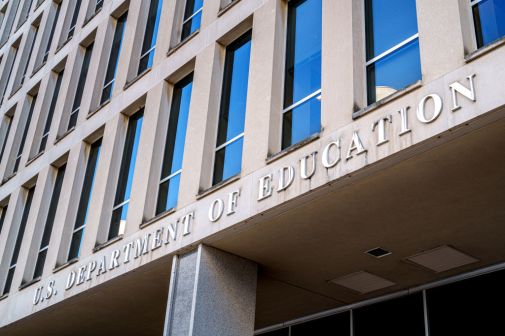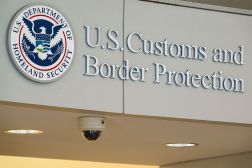
The current method by which U.S. and foreign law enforcement agencies seek to obtain digital evidence from each others’ jurisdiction is increasingly unsustainable, a senior DOJ official said Monday, calling for formal treaties to be replaced by new bilateral “frameworks.”
Speaking of the difficulties that law enforcement agencies face when seeking digital evidence such as emails held in a foreign jurisdiction, Assistant Attorney General Leslie Caldwell said, “it is increasingly clear that the status quo — based on formal mutual legal assistance alone — is unsustainable.”
In particular, she noted that, given the global dominance of U.S. firms in the market for online services, “many of our foreign [law enforcement] partners remain in the difficult position of relying on access to electronic evidence located within the U.S. for their legitimate public safety and national security needs.”
This is a major problem, she explained, because even when requests are made pursuant to the law in U.S.-allied democracies, it may be illegal under U.S. law for U.S. firms to comply if the request doesn’t involve any Americans, or a breach of U.S. law.
“Thus, U.S. companies, many of whom operate as multinationals in the global economy, may face a potential legal conflict: comply with a foreign order and risk violating U.S. law, or refuse to comply and risk violating the laws of another country,” Caldwell said.
Doing nothing was not an option, she added, because it would inevitably lead to the proliferation of national laws requiring data to be stored locally.
“Absent an adjustment, we risk competing ‘data localization’ requirements and initiating enforcement actions against U.S. companies for non-compliance,” she said.
Instead, she called for “a more productive approach rel[ying] on mutual benefit and reasonable rules for cross-border access to information.”
As a result, she said, U.S. official were now weighing asking Congress for a change to U.S. law “to lift the statutory prohibitions on disclosure for requests made by a foreign partner pursuant to an approved executive agreement.”
U.S. authorities are currently negotiating such a deal with British authorities, she said. “If implementing legislation takes effect, if the agreement is signed and if the framework proves successful, we would consider this approach for other like-minded governments.”
Contact the reporter on this story via email Shaun.Waterman@FedScoop.com, or follow him on Twitter @WatermanReports.






